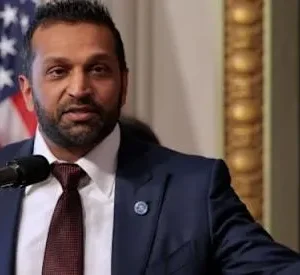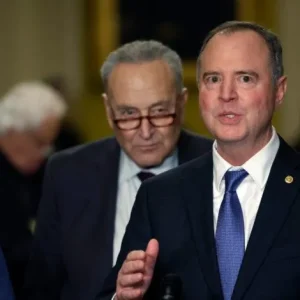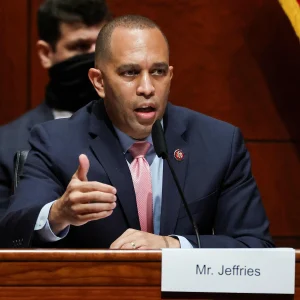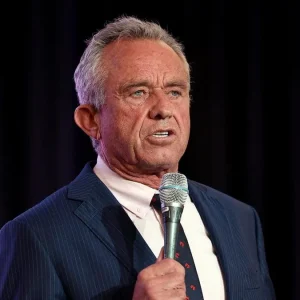Is JD Vance the next President of the United States? This is a question increasingly whispered in political circles, discussed on cable news panels, and speculated upon in think tank white papers. The Ohio Senator, author of the bestselling memoir Hillbilly Elegy, and rising star in the Republican Party, has swiftly moved from the fringes of national recognition to the heart of conservative power. But whether Vance could plausibly ascend to the highest office in the land involves a nuanced consideration of his political evolution, ideological positioning, and the current state of American conservatism.
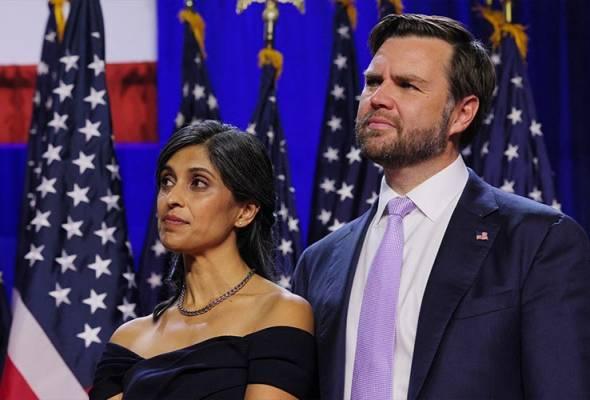
JD Vance’s public life began not in politics but in literature. His 2016 memoir, Hillbilly Elegy, chronicled the struggles of poor white Americans in Appalachia and was quickly embraced as a cultural Rosetta Stone for understanding the rise of Donald Trump. In many ways, the book was less a political treatise than a sociological case study of a part of America long neglected by elites. Yet its resonance made Vance a sought-after commentator and an unlikely conservative intellectual figure. His critique of the cultural decay and economic hopelessness in working-class communities positioned him as both a witness to and analyst of the forces that shape American populism.
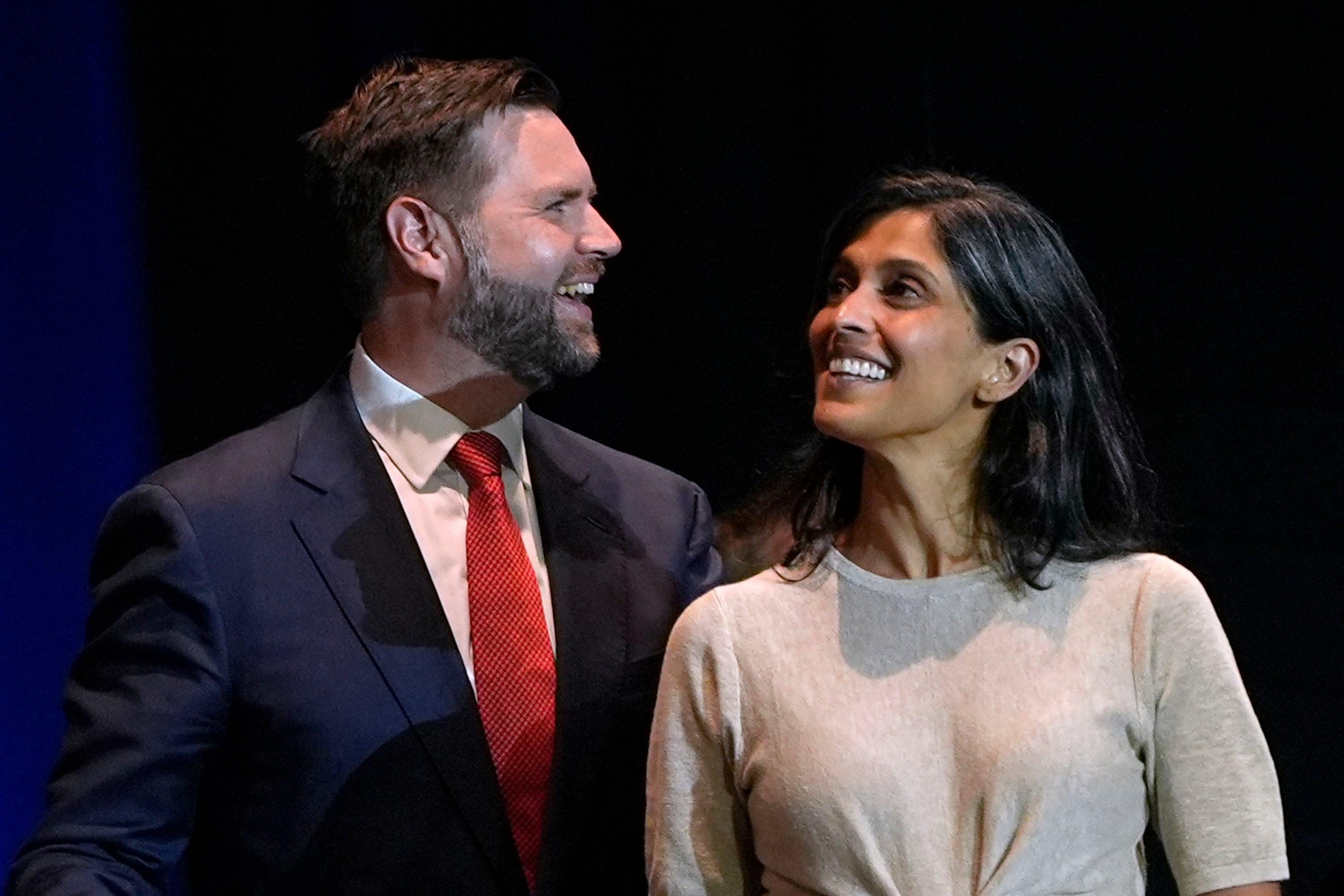
Vance’s transition into politics was as dramatic as his literary rise. Initially a critic of Donald Trump during the 2016 election, calling him “cultural heroin,” Vance made a sharp turn and became a vocal supporter by 2020. This about-face was not without controversy, but it revealed a deeper political pragmatism and a keen awareness of where power lies within the modern GOP. With Trump’s endorsement, Vance won the Republican Senate primary in Ohio in 2022 and subsequently defeated his Democratic opponent in the general election. Once in office, Vance quickly aligned himself with the populist-nationalist wing of the party, championing causes such as border security, anti-globalism, and opposition to what he terms the “woke” influence in American institutions.
To understand the prospect of a Vance presidency, one must evaluate not only his credentials but also his appeal. In terms of political experience, Vance is still relatively green. A freshman senator, he does not bring decades of legislative history or executive governance to the table. However, in the age of Trump, traditional qualifications have become less relevant than message discipline, media savviness, and the ability to channel populist rage into political momentum. Vance, with his compelling backstory, media training, and intellectual articulateness, fits the mold of the post-Trump Republican ideal: someone who can appeal to the MAGA base without alienating moderate conservatives.
Yet significant challenges remain. First, Vance’s policy positions are often polarizing. His anti-interventionist foreign policy views, skepticism of corporate America, and willingness to question longstanding Republican orthodoxies put him at odds with establishment figures in the party. While this distinguishes him as a man of ideas in a political culture often lacking depth, it also means he must continually navigate intra-party resistance. Moreover, his past criticisms of Trump—despite his later embrace—are unlikely to be forgotten by the former president’s most loyal supporters.
There is also the question of charisma. While Vance is undoubtedly intelligent and articulate, he does not yet possess the star power or emotional pull of Trump or even Florida Governor Ron DeSantis. Politics, especially at the presidential level, remains deeply performative. The ability to command a room, to generate loyalty, to project strength and relatability—these intangible qualities often determine electoral viability more than position papers or Senate speeches.
However, Vance may benefit from timing. If Trump chooses not to run in 2028 or is otherwise unable to, the GOP will face a scramble for ideological direction. In such a vacuum, Vance’s blend of populist rhetoric and policy seriousness could appeal to both the base and the intellectual vanguard of the party. Moreover, his working-class roots and Midwestern identity offer a stark contrast to the coastal elitism that many voters, particularly in swing states, resent.
It’s also worth noting that Vance has cultivated key relationships with donors, conservative media figures, and influential think tanks. These alliances will be crucial should he seek national office. Unlike some populist figures who rely solely on grassroots energy, Vance appears to understand the importance of institutional power—a lesson perhaps learned from his time in venture capital and Silicon Valley.
Ultimately, whether JD Vance becomes the next President of the United States depends on more than just his ambition or resume. It will hinge on the evolution of the Republican Party, the outcome of future elections, and the unpredictable moods of the American electorate. He is, however, undeniably a significant figure to watch. In an era defined by volatility and ideological realignment, Vance represents a possible future for the right: nationalist but not isolationist, populist but not anti-intellectual, disruptive but grounded in narrative coherence.
Whether that vision resonates beyond Ohio and conservative think tanks is the true test. But make no mistake—JD Vance is no longer merely an author or a senator. He is a contender. And in today’s political landscape, that alone is enough to take him seriously.

